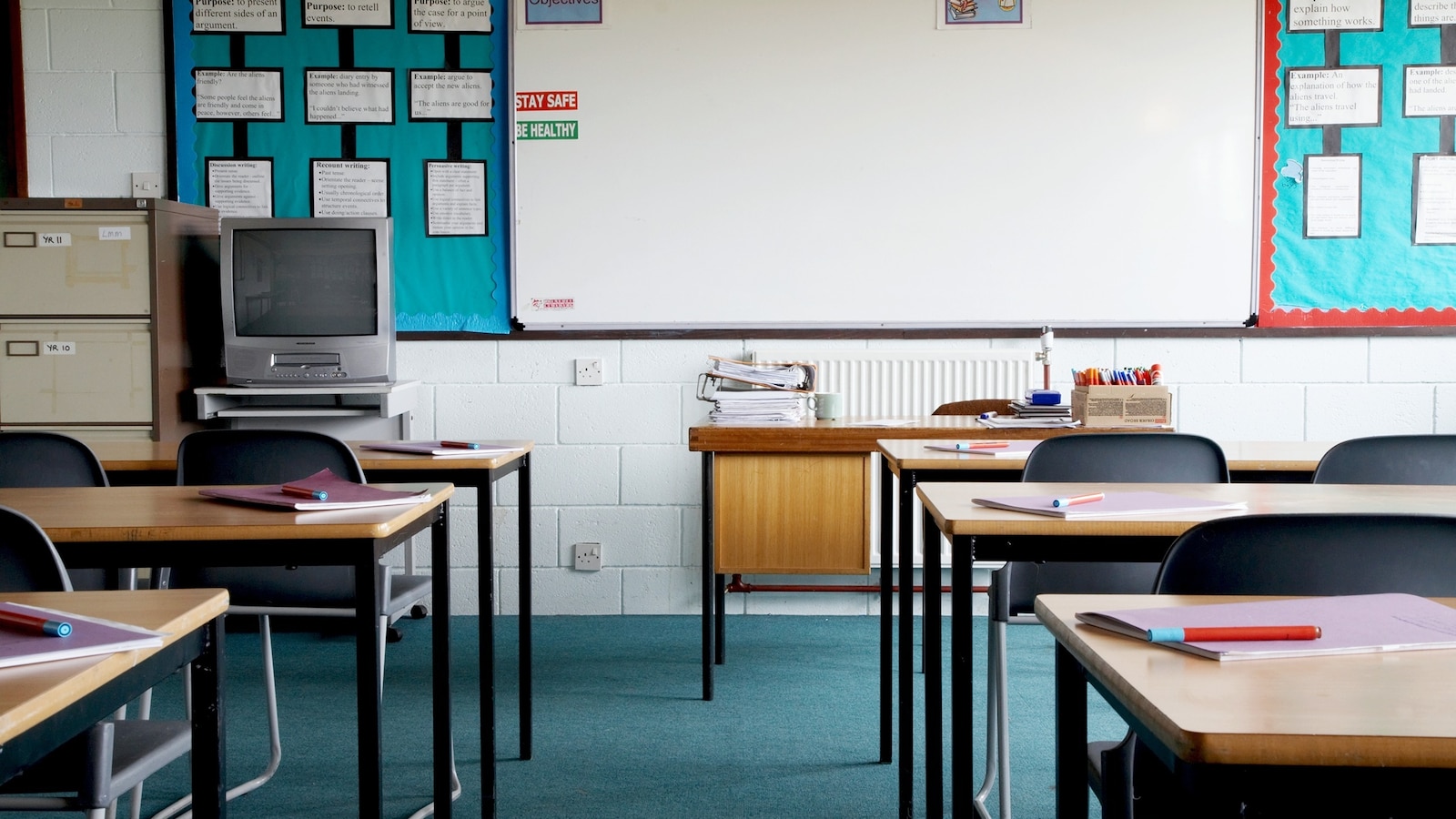Schools: The Battleground for LGBTQ, Race, and Religious Laws
As students head back to school, classrooms become the stage for a heated debate over laws that shape their education.
Schools have long been at the center of controversies surrounding LGBTQ issues, race, and religion. With the recent wave of legislation passed by state legislatures, the debate has intensified, sparking concerns and uncertainties for students, educators, and parents alike.
Alabama, for instance, has enacted a “divisive concepts” bill that bans public colleges and universities from promoting diversity, equity, and inclusion (DEI) initiatives. This law also prohibits the inclusion of certain “divisive concepts” about race, gender, sex, or religion in the classroom curriculum.
In Florida, Governor Ron DeSantis has signed a law that authorizes unlicensed religious volunteer school chaplains to provide counseling services. Another law bans “identity politics” from teacher-preparation programs at colleges and universities.
Idaho’s legislature has passed a law banning any material portraying nudity, sexual conduct, or sado-masochistic abuse from a school or public library if such material is made available to a minor. It also prohibits public school employees from using a trans student’s preferred pronouns or name without parental permission.
Iowa’s anti-diversity, equity, and inclusion bill bans DEI offices and any statements advocating DEI. It also restricts discussions on unconscious bias and gender theory.
Louisiana has enacted a law that bars K-12 teachers from discussing gender or sexual orientation and bans transgender students from using bathrooms that don’t match their sex assigned at birth.
Mississippi and Utah have also passed laws prohibiting transgender students from using bathrooms that align with their gender identity.
New Hampshire has joined the growing list of states with laws barring transgender girls from competing on girls’ sports teams in grades 5 to 12.
South Carolina has implemented a law requiring public school employees and faculty to notify a student’s parent or legal guardian if the student requests a name or pronoun that does not align with their sex assigned at birth or if their gender is not consistent with their sex assigned at birth.
Tennessee has passed a law that prohibits public school employees from withholding information about a student’s physical, emotional, or mental health from their parents.
These laws have sparked controversy and legal challenges. Critics argue that they discriminate against LGBTQ students, limit free speech, and curtail the ability of schools to create inclusive environments. Supporters, on the other hand, contend that these laws are necessary to protect children and parents.
The impact of these laws on schools and students is still unfolding. As the debate continues, it remains to be seen how these laws will shape the educational landscape and the lives of young people across the United States.



